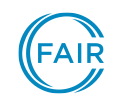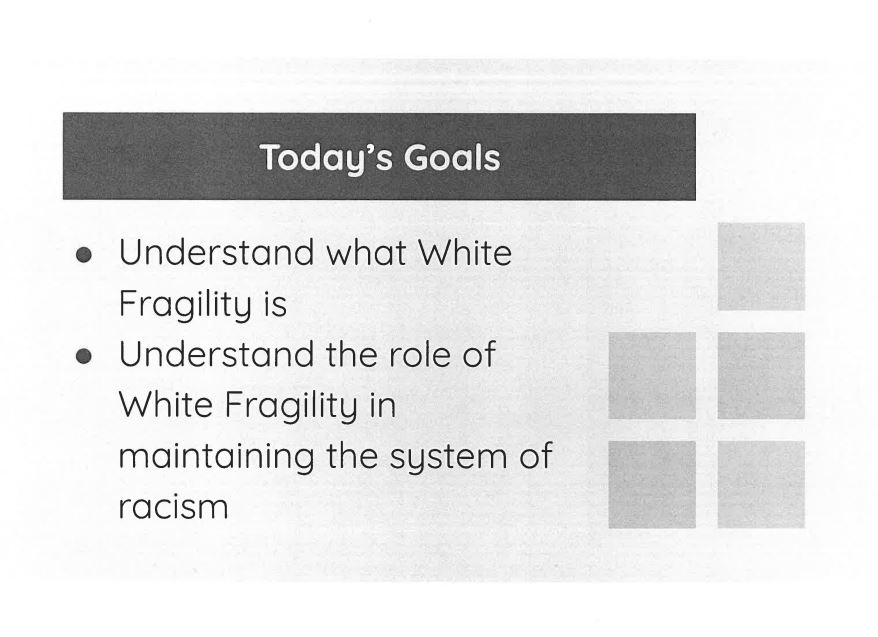Dakota Meadows Middle School Racial Affinity Group Information.

Prairie Winds Middle School Racial Affinity Groups

Chat GPT writes Poems expressing concerns with student racial affinity groups
Oh, dear, oh, dear, what do we hear? Separating kids by race, oh dear! It makes me wonder and it makes me fear, What kind of world are we trying to steer?
We say we want to treat all fair, Yet we divide them without a care, We tell them it’s for their own good, But does it really do what it should?
What happens when we separate, Does it really make us great? Or does it deepen the divide, And make it harder to unify?
We should celebrate diversity, And treat each child with equity, For every child has something to bring, And that is a beautiful thing.
So let’s unite and come together, And make our schools a place of treasure, Where every child is seen and heard, And their value is never blurred.
Poem number 2:
We must speak up, we must shout, This separating students by race, we must doubt. It’s not fair, it’s not right, It’s like dividing day from night.
Separating students, oh what a shame, It’s like playing a hurtful game. Why can’t we all learn side by side, With different races, our knowledge will thrive.
We can learn from each other’s history, And create a brighter future with more empathy. Why segregate when we can integrate, Together we can make our schools great.
So let’s unite and make a stand, Together we can lend a helping hand. No more separation, no more divide, Let’s come together, side by side.
Affinity groups discriminate against students
How much discrimination is too much discrimination? I have read online arguments that justify discrimination if it is limited to only one hour per month.
For me, our children deserve an education free of any discrimination. They deserve to be valued for their individual character and their unique personalities.
I would like to remind the community that the First Amendment’s protections include “freedom of association.” Generally, this means we have the freedom to associate with others who have similar political, religious or cultural beliefs.
All citizens are allowed to gather, on their own time, as part of freedom of association. This is not the same as Mankato Area Public Schools administration, most of the School Board, and a limited number of school principals allowing, forming, or authorizing race-based “affinity groups,” access to which is based solely on the pigmentation of our students’ skin.
Treating people differently based on traits that cannot be changed is unfair, discriminatory and possibly illegal under The Civil Rights Act of 1964, which prohibits discrimination based on race, color, religion, sex or national origin.
Set aside your ideology and ask yourself, are race-based “affinity groups” discriminating against people based on skin color? I want to see our school leaders promoting opportunities where our students can learn and embrace their differences and where they work and grow together. Isn’t learning together the better option?
Julie Strusz
Mankato
Re: Affinity Groups
To [school district]
FAIR stands firmly opposed to schools’ establishing or funding official identity-based affinity groups that restrict membership to those with a particular group identity. FAIR does not, however, oppose the formation of such groups by private individuals or organizations who wish to create such affinity groups or clubs outside of school.
School-sponsored racial or other identity-based affinity groups are highly problematic for several reasons. These groups exclude students or teachers based on their identity, which violates their civil rights to be treated fairly and equally without regard to their immutable traits. It is not appropriate to force people to choose a group identity, and no one has the moral right to decide for others the importance or unimportance of various elements of their identities.
School-sponsored affinity groups can also reinforce stereotypes based on socially constructed concepts of “race,” which can lead to mistrust, division and racism within our schools by creating an “us” vs. “them” mentality. Also, although identity-based affinity groups may aim to create a sense of belonging, students and teachers within those groups may experience social pressure to conform with the behavior and decisions made by their leaders. This pressure interferes with each individual’s ability to form and express their own unique identity and to form relationships with those they may have more in common with outside of their designated identity-based affinity group.
If [the school] decides to move forward with creating identity-based affinity groups, we advise that any such groups be voluntary and not compulsory; no student or teacher should be forced to join a group based on how others perceive them or their identity. We also advise that any such groups be open and inclusive to anyone who wants to join, even if they may not be perceived as belonging to a particular identity group; no student or teacher should be restricted from joining an identity-based affinity group because of how others perceive them. If school-sponsored affinity groups exclude based on such traits, they will run afoul of civil rights laws and foster divisions and mistrust. Identity-based affinity groups must welcome any and all who want to join, without judgment or question about their identity formation or belonging. This openness will help promote understanding, tolerance, fairness, and a sense of shared belonging within our schools.
It’s my hope that we can build a strong culture of belonging in [our school] through inclusive community events. Some ideas could be multicultural food events, cultural arts events, community service days, pep rallies, carnival days, talent shows, and the like, for the whole community.

